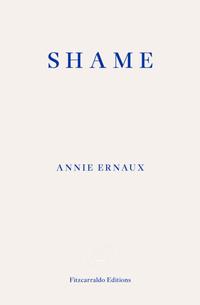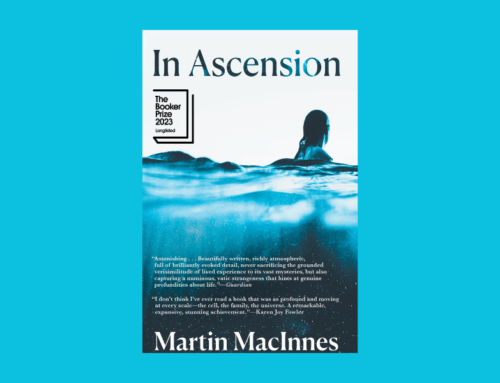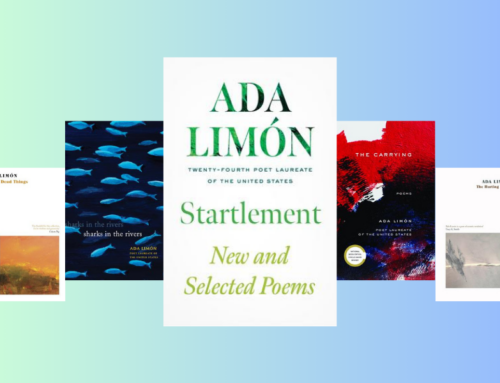WINNER OF THE 2022 NOBEL PRIZE IN LITERATURE
‘My father tried to kill my mother one Sunday in June, in the early afternoon.’
Thus begins Shame, the probing story of the twelve-year-old girl who will become the author herself, and the traumatic memory that will echo and resonate throughout her life. With the emotionally rich voice of great fiction and the analytical eye of a scientist, Annie Ernaux provides a powerful reflection on experience and the power of violent memory to endure through time, to determine the course of a life.
By Bruna
This was my first Annie Ernaux and now I want to read all of her books.
It was a very precise, quick read, but nonetheless beautiful and impactful. It took me a few pages to get into her flow of thoughts, especially after the first few pages when she starts to describe her childhood village. It was a very photographic description, with turns and street names and places, which makes you feel a bit lost.
For a moment I thought it was boring, but then I remembered my own childhood place, and how those streets and corners and shops were my whole world, how they became the bones that sustained the body of my memories, and so I understood her need of explaining and trying to build in words the structures of her own childhood place.
Her relationship with her father really resonated with my own father/daughter experience and the study of shame was on point, especially when talking about the beginning of the teenage years, when the veil of childhood falls apart and you start to discover the adult world.
It is so interesting to see how this really tiny book gave me so many things to think about.
Short and beautiful.





